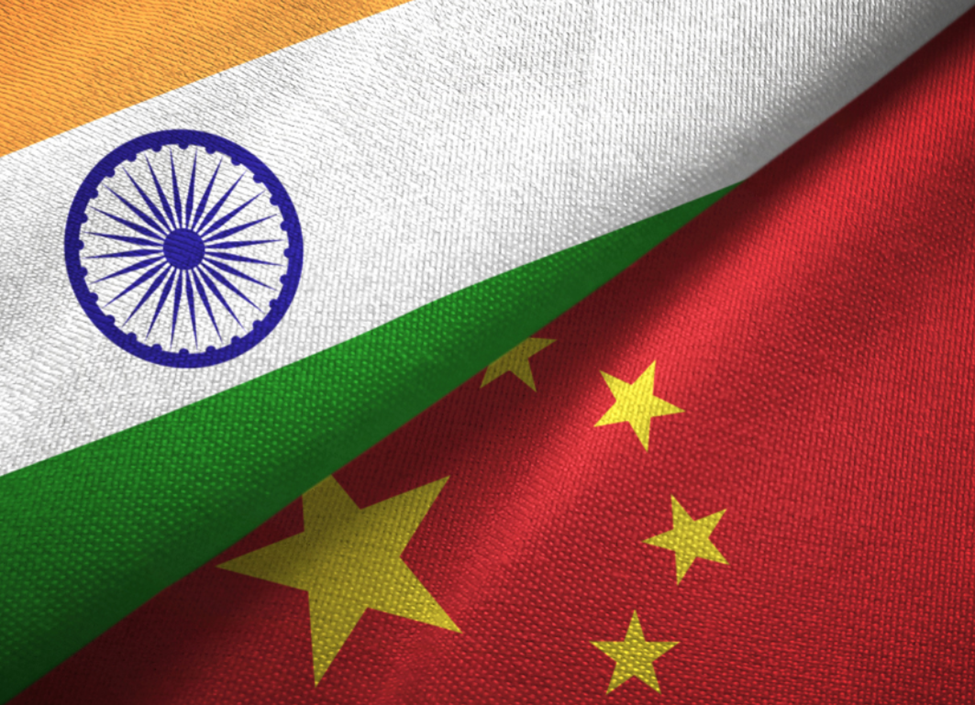Revival of India-China Business Ties Amid Geopolitical situation
- InduQin
- Jun 18, 2025
- 3 min read
Indian firms are pursuing technical alliances with Chinese partners amid regulatory and geopolitical challenges. Voltas’ recent talks with Highly Group for a joint venture compressor plant in India shifted to a technical collaboration due to approval delays. Indian companies, under the ₹23,000-crore electronics component manufacturing scheme, prioritize Chinese technology over capital. Firms like Dixon and PG Electroplast are forming non-equity partnerships with Chinese companies. This shift reflects a pragmatic approach, enabling advanced technology access while navigating regulatory complexities.

As geopolitical tensions and regulatory hurdles continue to shape the business landscape, Indian firms are seeking innovative ways to collaborate with Chinese technology partners. A recent example involves the Tata Group-owned Voltas and China’s Highly Group, highlighting a shift in business dynamics between the two nations.
Voltas' Recent Attempt at Collaboration
In late May, a team from Voltas visited China intending to revive discussions with Highly Group for establishing a joint venture compressor plant in India. However, Highly declined the equity partnership proposal, citing prolonged government approvals and geopolitical concerns as major risk factors. Instead, the Chinese company proposed a technical alliance, reflecting its evolving strategy in response to regulatory and geopolitical challenges.
This marks a significant shift in Highly’s approach. Two years ago, the company rejected a similar technological collaboration offer from Voltas, insisting on holding a majority equity stake in any partnership. However, the failure to secure government approval under India’s Press Note 3 regulations—meant to scrutinize and restrict investments from neighboring countries—forced the joint venture plan to be scrapped.
The Changing Dynamic in India-China Collaborations
Despite tighter government scrutiny, Indian firms are actively exploring partnerships with Chinese companies under India’s ₹23,000-crore electronics component manufacturing scheme. The economic reality, as noted by a senior executive from one of India’s largest electronics contract manufacturers, is that Indian businesses still rely on Chinese technology to meet the scheme’s objectives.
“While we don’t need their capital as much as their technology, they, too, understand the changed geopolitical scenario,” the executive remarked. Chinese firms are now more open to non-equity partnerships, technical alliances, and minority stakes (20-30%) in joint ventures, signaling a shift from their earlier preference for majority ownership.
Key Partnerships Underway
Several Indian companies such as Dixon Technologies, PG Electroplast, Epack Durable, and Bhagwati Products are in talks with Chinese firms to leverage their expertise for the scheme. Notably, Highly Group has finalized a technical alliance with Noida-based PG Electroplast to manufacture air-conditioner compressors. This agreement ensures Highly an assured quantity of production in exchange for its technology. Industry insiders suggest that Highly is open to more such deals, reflecting a pragmatic approach to India’s regulatory environment.
The Bigger Picture: Strategic Alliances Over Equity
The shift from equity-based joint ventures to technical collaborations indicates a new phase in India-China business engagements. Highly’s earlier reluctance to consider tech tie-ups underscores how geopolitical tensions and regulatory barriers have influenced its current stance. For Indian firms, these technical alliances provide access to advanced technologies without the regulatory complexities of equity partnerships.
Voltas’ Position
A spokesperson from Voltas confirmed that the company maintains regular discussions with key supplier partners, including Highly, to explore technical collaboration opportunities. However, there are no firm commitments or developments regarding joint ventures or equity participation at this stage.
The evolving relationship between Indian and Chinese companies demonstrates a pragmatic response to geopolitical and regulatory challenges. While equity partnerships may face hurdles, technical collaborations and minority stakes offer a viable path forward. As India rolls out its ambitious electronics component manufacturing scheme, such partnerships will likely play a critical role in shaping its success. For now, the Voltas-Highly case serves as a microcosm of the broader India-China business dynamic, where economic necessity compels collaboration, albeit on new terms.







Comments